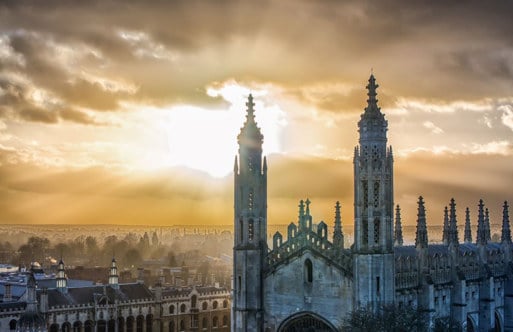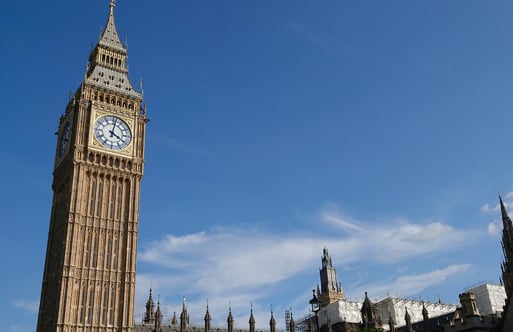Moral panics over young people, sex and sexuality are not a new phenomenon. During my adolescence, there was the mini-skirt, the pill and the legalisation of abortion and homosexuality. It has been a shock to the commentariat that the views expressed freely by some on social media illustrate how little attitudes to women, rape and the like have evolved since the 1970s. The attacks and threats to an MP and a campaigner should be pursued with vigour by the authorities. No family should lose a child to cyberbullying.
Society has a duty to protect young people and vulnerable adults
It was noticeable that both the twitter silence and inspiring women hashtags both made it to the top trends on the day. That people can express themselves in different ways to mark these events is a positive for social media. How do we maintain the benefits of social media while tackling the awful examples of abuse seen recently?
The idea has been put that ISPs should filter internet content for pornography with a default of the filter on. Apart from the practical issue as to whether it can work, there are some serious ramifications.
The take-down of illegal content and putting resources into detection and prosecution is clearly correct. However, is the proposed filter acceptable? If a child is abducted next year, will the police be able to ask the ISPs for all individuals who have switched the filter off in a particular area?
The work of CEOP and the Internet Watch Foundation has struck a balance and professionalism in the approach to these issues which I applaud.
I used to have a newspaper headline which said that paedophilia had increased 1,500 per cent caused by the internet. The idea that perfectly normal people go on the internet and turn into vile monsters seems delusional. In fact the story showed how detection had increased the number bought to book.
I generally dislike the ‘slippery slope’ school of arguments. However, the proposed filter for me is the wrong step.
There is the age old problem of drawing a line between art, erotica and pornography. That debate precedes the internet by centuries. Who is going to be able to have the wisdom to build a universally agreed definition of pornography? Who do you trust to make those decisions for you?
The bigger problem for me is that once these mechanisms are in place, each moral panic will call for an extension of the range and scope of illicit material.
Consider the case of violence. Again, the take down of clearly illegal material is for me non-controversial. However, I don’t think that many Christians would be happy for images of the crucifixion, or the beheading of John the Baptist, to be censored on the grounds of violence.
Yet, an exemption for religious violence won’t be acceptable, or the videos of jihadi beheadings can be defended. Much of British and World History might not escape a censors grip.
Each moral or media panic could be a brick in the wall to a wider censorship of the internet and the enforcement of a 21st century puritanism. That is not a direction I want to go. Interestingly, with business models reliant on advertising, the threat to revenue is a powerful weapon for campaigners to tackle any provider stalling in tackling the problems.
Technology cannot solve what are distressing human attitudes and deep seated problems. An omniscient and fair censor is to be left to fairy stories.
Any cosy complacency has been shattered by the recent events. Censorship however for me is not the answer. Setting a filter on or off will not address these problems, nor solve them.
The problem is that during these episodes of moral panic, there is a tendency to hark back to a non-existent golden age. We are constantly told that young girls are over sexualised at too young an age. Yet our society is the one that is dealing with Hall, Saville and paedophile priests. A generation ago, when allegations were made against these people, society denied or ignored the problem and let them get away with it. The victims were ignored or ostracised and made to feel that they were the guilty party. Some of these victims committed suicide, others still have physical and mental health problems.
I applaud our more open age, for being public and engaged with acknowledging and addressing these crimes. Social media has lifted the lid on some appalling views.
We do need to address anonymity and what is acceptable. In some countries, anonymity is a must to tackle repression. In an open democratic society, ensuring proportionate responses to events, and supporting victims is central to civilised life.
Pretending that an internet filter will make certain views go away and make for a better society is too silly to take seriously. Techno-utopianism doesn’t help either.
Our increased awareness, supported by social media, of some hateful beliefs cannot be satisfied by reaching for the censors weapons. To retreat from openness could create more victims, not fewer.
The rise of the cyber-vigilante, the #outatrollday armchair campaigning, or the introduction of Anti-Social Media Orders, ASMOS would be sticking plasters on the problem.
The recent victims deserve a more thoughtful and thorough response. I hope they get it.

















